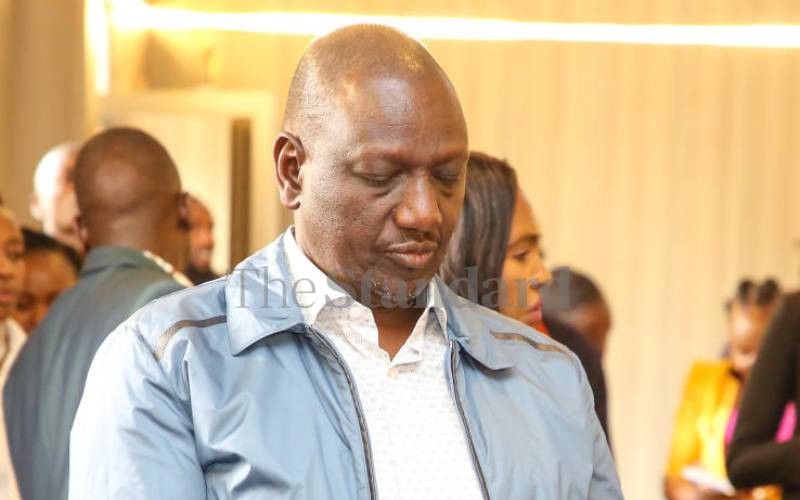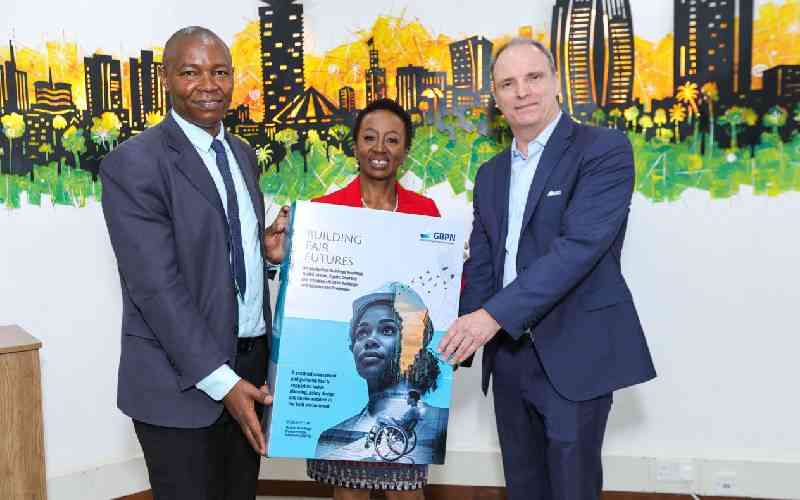
President-elect William Ruto was jubilated as he was announced the winner of the just concluded General Election. However, the reality of the enormity of what awaits him will sink faster than the time it will take to celebrate the win. The in-tray is full. Kenyans are hopeful Ruto has a magic bullet that will address the many challenges they face. However, with debilitating public debt and empty coffers at the Treasury, the new administration will hit the road running to address these challenges. Here are a few:
The topmost issue in the minds of many Kenyans is the high cost of living. Prices of basic commodities such as maize flour, wheat flour, fuel, rice, vegetables, and cooking oil have skyrocketed with many families having to dig deeper into their pockets.






